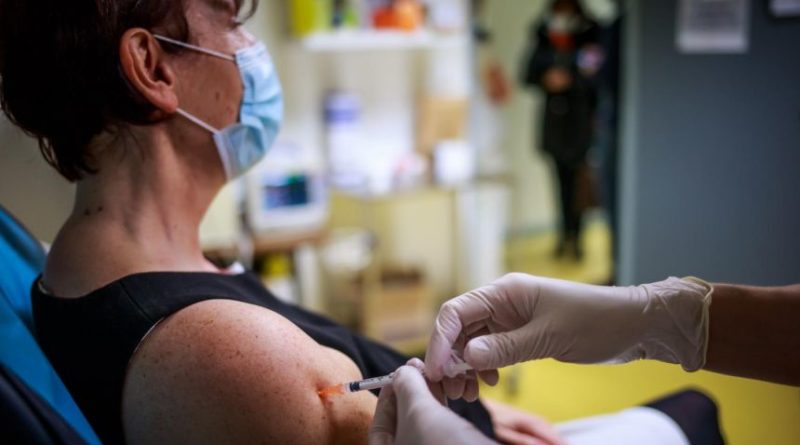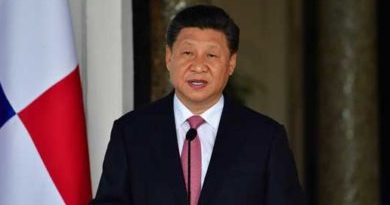COLUMN-OPINION: COVID-19 VACCINES- KUALA LUMPUR- Enhancing public trust in vaccines
R. MURALI RAJARATENAM
25 FEB 2021 / 22:55 H.

PRIME MINISTER Tan Sri Muhyiddin Yassin received the first dose of the Pfizer-BioNtech vaccine, signalling the start of the largest inoculation programme in Malaysia against Covid-19. While the Malaysian population anxiously awaits the vaccine, there are significant considerations to be made in terms of how to actually vaccinate the population.
Chief among them will be building trust and understanding, to address concerns about the vaccine itself, especially one produced on an accelerated timeline.
.

0
Understand public expectations about the vaccine’s benefits, risks, and supply.
Much is still unknown about what the diverse public knows, believes, feels, cares about, hopes, and fears in relation to SARS-CoV-2 vaccines, and how that may change over time. The government should fund state and local health departments, via the Institute of Public Health Malaysia, to form partnerships with grassroots-level organisations, practitioners, and other stakeholders to engage early and often with communities on the Covid-19 vaccination.
.

0
Earn the public’s confidence and trust that vaccine allocation and availability are even-handed.
The current social climate necessitates, more than ever, both a fair vaccination campaign and widespread public recognition of its fairness. The government should publicly pledge that everyone who wants a Covid-19 vaccine will get one. Moreover, with feedback from stakeholders and the public, the government should reassess its pandemic vaccine allocation and target strategy to boost public confidence that allocation decision-making is neither capricious nor unjustly weighted in favour of other people.
.

0
Make vaccination available in safe, familiar and convenient places.
Making vaccines widely available and accessible will entail public health authorities meeting communities and particularly, vulnerable populations, wherever they are. State and local health officials should develop vaccine delivery approaches that incorporate locations that are easy to access and also safe for medically and socially vulnerable groups.
.

0
Communicate in meaningful, relevant, and personal terms, crowding out misinformation.
A profusion of true and false information now circulates regarding the pandemic, making it hard to sort out health information and confirm its veracity. At the same time, scientific facts do not motivate a majority of people to act. To enable a successful Covid-19 vaccination promotion campaign, the government should sponsor rapid efforts for public-stakeholder engagement, formative research, and message development.

0
Establish independent representative bodies to instil public ownership of the vaccination programme.
Governance structures for the vaccination programme that incorporate public oversight and community involvement have the potential to inspire greater public confidence in, and a sense of ownership over, the public health intervention.
Each state should establish a public oversight committee to review and report on Covid-19 vaccination systems, ensuring that allocation is fair, that target groups receive the vaccine, and underserved populations disproportionately affected during the pandemic, are justly attended to.
The writer is Senior Lecturer, Faculty of University Foundation Studies, HELP Matriculation Centre. Comments:[email protected]
.

Did you like this article?










